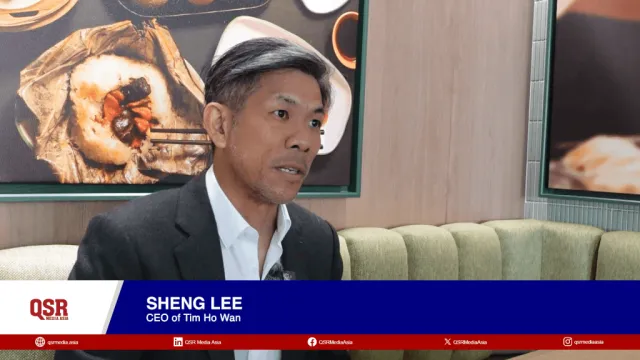
Yum China commits to science-based emissions reduction targets
It plans to define a target and roadmap to reduce GHG emissions along its value chain within 24 months.
Yum China has committed to targets to reduce greenhouse gas (GHG) emissions and transform business operations, signing the Business Ambition for 1.5⁰C Commitment Letter from the Science Based Targets initiative (SBTi).
A partnership between CDP, the United Nations Global Compact, World Resources Institute (WRI) and the World Wide Fund for Nature (WWF), SBTi aims to drive ambitious climate action in the private sector by enabling companies to set science-based emissions reduction targets.
In committing to the SBTi, Yum China said it pledges to align its business with the Paris Agreement’s aim to limit global temperature rise to 1.5°C above pre-industrial levels and reach net-zero by 2050.
Yum China said it “firmly supports these goals and recognizes its responsibility to minimize the risk climate change poses to the future of the planet” and plans to define a target and roadmap to reduce GHG emissions along its value chain based on SBTi criteria within 24 months.
"As we move further along our climate action journey, we are stepping up efforts to become a company committed to net-zero emissions," Yum China CEO Joey Wat said in a media release. "In order to transform sustainability challenges, such as climate change, into opportunities, Yum China will continue to collaborate with stakeholders across the value chain."
As part of its sustainability strategy, Yum China said it actively identifies and assesses energy use and GHG emissions across its value chain.
In 2018, Yum China set a target of cutting restaurant energy consumption and GHG emissions by an additional 10% by 2025 compared to its 2017 baseline. Through the application of energy saving initiatives and technologies, the company said it reached this target ahead of schedule in 2020.
In 2019, the company formulated a climate change strategy which defines methods and measures for energy and GHG management, green building design, and rainforest conservation.
In addition to publishing an annual sustainability report, Yum China plans to disclose its climate impact through CDP.
























